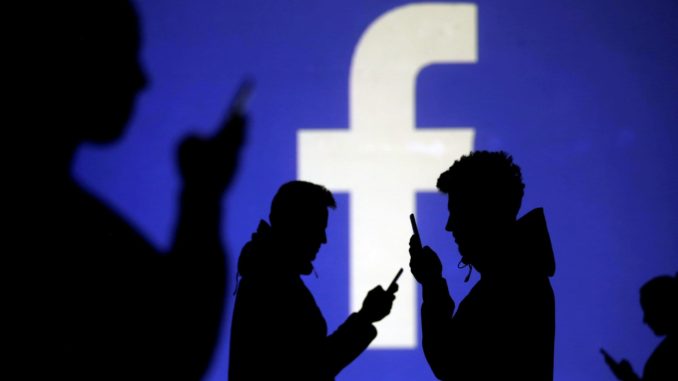
Facebook and its popular social networking platforms, Instagram and WhatsApp, experienced an outage for about 7 hours on Monday (Oct. 4). Within those hours, thousands of people reported that the platforms were showing error messages or completely inaccessible, according to DownDetector.
The platforms were finally reinstated into full operating capacity around 4 PM PST, but a detailed explanation has yet to be released by the tech company. Instead, an apology was published on Facebook’s Twitter profile.
“To the huge community of people and businesses around the world who depend on us: we’re sorry,” the statement read. “We’ve been working hard to restore access to our apps and services and are happy to report they are coming back online now. Thank you for bearing with us.”
The outage comes on the heels of former Facebook employee and whistleblower Frances Haugen saying that Facebook was intentionally pushing misinformed, “divisive content” for profits. Haugen, 37, who is a Harvard graduate with varied experience in the tech industry, revealed herself in a 60 Minutes interview that aired on Sunday (Oct. 3) after filing complaints about the company.
“The thing I saw at Facebook over and over again was there were conflicts of interest between what was good for the public and what was good for Facebook,” Haugen said in the interview. “Facebook, over and over again, chose to optimize for its own interests, like making more money.”
Haugen continues, “When we live in an information environment that is full of angry, hateful, polarizing content it erodes our civic trust, it erodes our faith in each other, it erodes our ability to want to care for each other, the version of Facebook that exists today is tearing our societies apart and causing ethnic violence around the world.”
Haugen essentially admits that negative content sells. This explains why some Facebook and Instagram content is further promoted to users than the positive, unifying content.
“One of the consequences of how Facebook is picking out that content today is it is — optimizing for content that gets engagement, or reaction,” said Haugen. “But its own research is showing that content that is hateful, that is divisive, that is polarizing, it’s easier to inspire people to anger than it is to other emotions…Facebook has realized that if they change the algorithm to be safer, people will spend less time on the site, they’ll click on less ads, they’ll make less money.”
As far as Instagram goes, Haugen says the platform specifically targets young women and girls and has a profound affect on their mental health and self-perception.
“Facebook’s own research says, as these young women begin to consume this– this eating disorder content, they get more and more depressed,” said Haugen. “It actually makes them use the app more. And so, they end up in this feedback cycle where they hate their bodies more and more. Facebook’s own research says it is not just the Instagram is dangerous for teenagers, that it harms teenagers, it’s that it is distinctly worse than other forms of social media.”
Allegations against the company include inciting and aiding the Capitol riots that took place on Jan. 6, allowing negative ads to be ran by political parties, and promoting negative content that cause depression and mental health issues.
Facebook’s response to the claims is that the company has continuously worked on the security and safety of its platforms with billion dollar investments and the hiring of nearly 40,000 employees to focus on that area of the business.
Facebook’s shares were impacted with a 4.89% decrease. However, Facebook wasn’t the only tech company that took a negative hit. Driven by a sell-off of tech stocks, Amazon plunged by 2.85%, Apple by 2.46%, Google’s Alphabet dipped by 2.11%, and Microsoft decreased by 2.07%.



